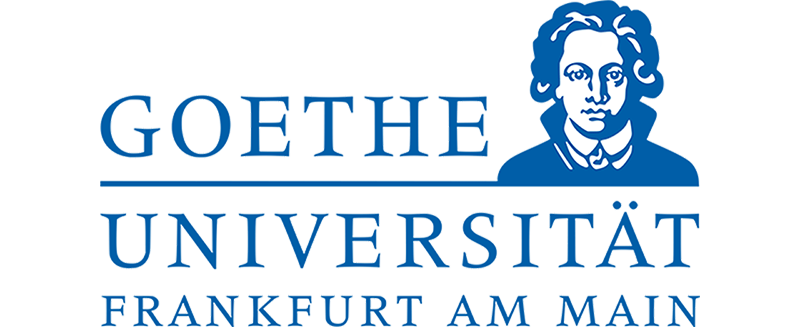Aims and benefits
Many asylum seekers and refugees suffer from psychological stress due to the traumatizing experiences before and during the flight as well as the challenges in their new home. It is often not easy for these affected persons to find appropriate treatment. In addition, there are difficulties in accessing Western-oriented treatment services. Therefore, a culturally appropriate stepped-care approach is proposed that combines interventions for different subgroups of asylum seekers and refugees.
- The primary goal of the RECAP project is to examine the effectiveness and cost-effectiveness of three new, time-limited, and culturally appropriate psychotherapeutic interventions for asylum seekers and refugees.
- This is intended to improve psychotherapeutic treatment for asylum seekers and refugees.
Additional information
The project comprises three multicenter randomized controlled trials:
Subproject 1 (SP1): "LoPe" compares the effectiveness of a brief psychoeducation program ("health tea garden") as a low-threshold intervention with a waiting list control group.
Subproject 2 (SP2): "ReTreat" aims to evaluate culturally appropriate cognitive behavioral therapy (CA-CBT) as a 12-step transdiagnostic group intervention for refugees compared to standard care.
Subproject 3 (SP3): "ReScript" focuses on Imagery Rescripting as an individualized and specific treatment for Post Traumatic Stress Disorder in refugees and compares this intervention to usual care recommendations.
Subproject 4 (SP4): "Health Economics" examines the economic evaluation of the culturally appropriate interventions from subprojects 1-3 using health economic evaluation methods.
The ReCAP project is multicenter in nature. The subprojects LoPe, ReTreat and ReScript take place at four sites in Germany.
Kontakt
Project duration
2019 - 2024
Projects
SP1: Effectiveness of a low-threshold, culturally sensitive psychoeducation for asylum seekers (LoPe)
Despite high levels of psychological distress, it is difficult for asylum seekers to access psychological treatment. This is due to a lack of knowledge about psychotherapy as well as cultural and language barriers. The low-threshold, culturally sensitive psychoeducation "Health Tea Garden" aims to increase knowledge about mental health problems as well as available treatments and to improve mental resilience and self-care.
Location: Marburg
SP2: Culturally adapted group therapy with problem-solving training
In subproject SP2 "ReTreat", a culturally sensitive, behavioral therapy group program for Afghan and Syrian refugees, respectively, will be adapted and studied. The culturally adapted intervention (CA CBT) is an already evaluated group program for refugees, which consists of psychoeducation, meditation and yoga/stretching. It discusses issues that preoccupy and stress many refugees in their daily lives: different fears, vivid memories of the past, and dealing with current stressors.
Location: Frankfurt
SP3: Brief Imagery Rescripting in Refugees with Posttraumatic Stress Disorder (ReSript)
ReCAP SP3 (ReScript) investigates the effectiveness of Imagery Rescripting for the treatment of posttraumatic stress disorder in refugees. Post-traumatic stress disorder can occur after a traumatic event and cause symptoms such as intrusive memories or nightmares. Psychotherapy is the treatment of choice for posttraumatic stress disorder. Imagery Rescripting is a short, trauma-focused psychotherapeutic treatment that has shown promising results in previous studies and is well accepted by patients.
Locations: Frankfurt, München, Münster
